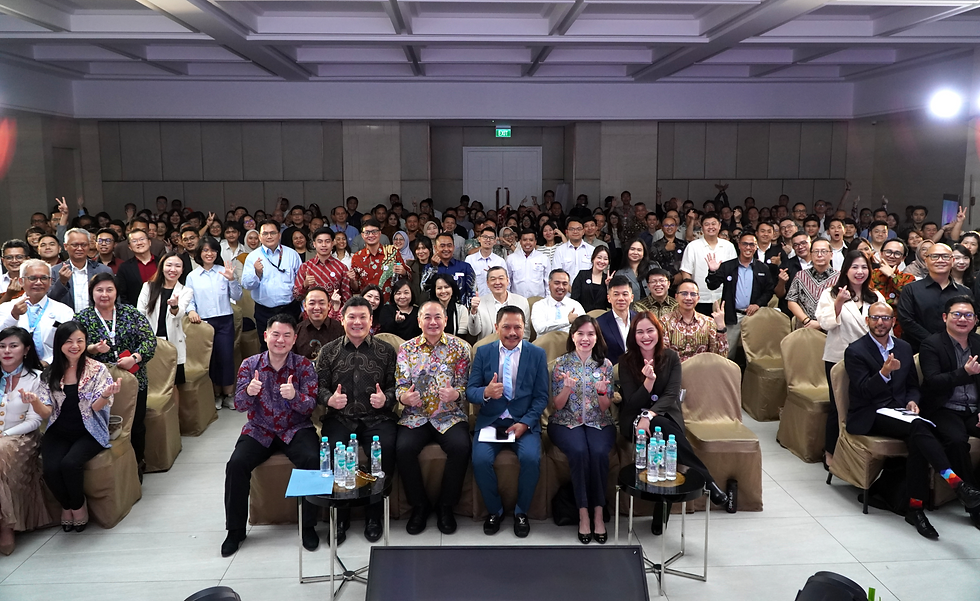Understand the social norms of your workplace
- TechConnect

- Feb 20, 2023
- 2 min read

Picture source: www.waldenu.edu
Norms convey acceptable and appropriate behavior as well as how we can behave in a predictable and orderly manner. Social organizations and social norms go hand in hand; they are both essential and naturally arise. When considering mental health, wellbeing, DEI, and company culture, workplaces should be conscious of the significant drawbacks of norms, despite how useful they may be. Let's examine what norms are, the effects that norms have, and how organizations can deal with norms through wise business decisions.
Norms can have negative impacts on individuals outside of subcultural conflict, such as poor treatment, unhealthy behaviors, and shame and stigma. Neurodivergent people may experience heightened shame, stigma, or discrimination for not understanding and complying with norms, which can lead to depression, anxiety, and increased stress. That’s why you have to understand and practice
norms especially in the workplace.
Using a few techniques, organizational leaders can assist in addressing workplace norms:
Examine current customs that have been shaped by outmoded business traditions. These standards may still be reasonable generally, but they need to be adjusted and expanded to accommodate fresh or formerly underrepresented subcultures. If you don't first evaluate and deliberately expand the norms, some of them might persist as historical relics that can turn off employees.
Create clear expectations and guidelines that are in line with the general mission and values of the business, and successfully communicate them.
Establish a workplace that strategically values diversity, equity, and inclusion in a setting that makes sure staff members feel valued, safe, and respected.
Review your goals, values, and priorities frequently to determine what is working, what isn't, and how to make your company better.
Create a method that enables teams to establish their own team norms that are compatible with the standards and expectations of the larger organization. Team norms, based on roles and responsibilities within the business, establish clearer, more precise expectations.
Establish a cross-communication culture so that workers can communicate frequently and feel involved in establishing the company's culture and norms.
The goal for employers is to be responsible, ethical, team-oriented, and possess strong communication, interpersonal, and problem-solving skills for all employees. Wrap these skills up altogether, and you've got workplace professionalism. And when you combine each component discussed here, you've got Workplace Cultural, Norms, and Professionalism!
Source : UpriseHealth





Comments